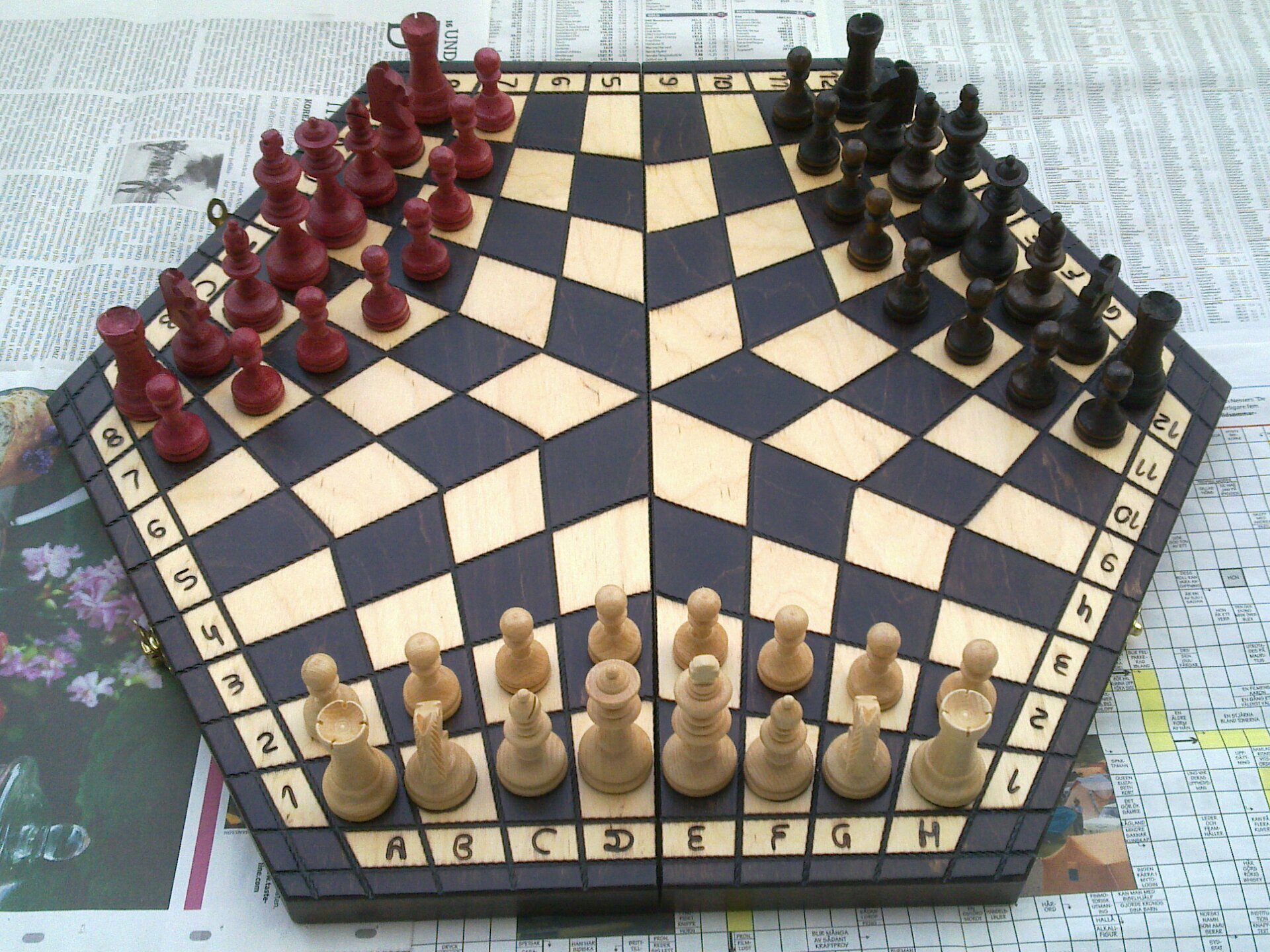What's the Big Difference? An Important Question in Game Design

When attending a major gaming convention or browsing the shelves of your favorite game store, it's truly amazing to reflect on the variety of games in print. This becomes even more remarkable when you then explore sites such as Drive-Thru RPG for electronically-published game material and when you consider the number and range of titles published in the past which are now out of print. Game designers, like other authors, love to create and give life to their ideas. But is the idea a good one?
It's best, of course, when the public responds favorably to those ideas! Some ideas are truly remarkable and capture the love and attention of a wide audience. Others have a specialized appeal and draw a more limited fan base. And then there are some ideas that are truly beloved by their creators but just not ready for prime-time for one reason or another.
An important exercise in game design and development is to look at one's idea and try to find good answers to the question, "What's the big difference?" What is so different/unusual/revolutionary about the idea you are developing that will help to set it apart from the countless other games out there?
For example, there are a LOT of really excellent swords and sorcery games out there. If you're developing something in that genre... what is truly different or revolutionary about what you're developing? Obviously you like it, but how large of an audience will recognize and value that difference? Is a really interesting or different setting involved? Are there clever and dynamic new spins you have on traditional game mechanics?
Supplements for existing systems are an easier target than entirely new games. If there's a proven and established system out there... do you have an idea for a supplement covering a setting or culture that really hasn't been explored? Are there certain rules aspects such as character classes, combat rules, magic rules or special skills which you think you can really spotlight in an engaging new way?
Designing games and game material is fun, but it's a lot of work. No one wants to see an idea labored on for months or years die a quick and ignoble death in the bargain bin, if it is even picked up for publication at all. Take a step away from your project with an impartial and critical eye and ask, "what's the big difference?". This is not always easy to distance yourself from a beloved project, but it is an important step that should be taken early and repeated several times throughout the development process.
At this time, I'm in the thick of developing a new science-fiction miniatures game for Skirmisher Publishing. I have been going through this critical evaluation process myself. Yes... there are already some very well established and successful science-fiction miniatures games already on the market. So what's the big difference? In upcoming blog posts, I'd like to share some of my thoughts behind the game concept and some of the decision points I've hit during the development so far. I'd also like to welcome input and feedback on certain points still in flux, and hope that d-Infinity readers might enjoy this inside look into part of the game development process.
In the meantime... what are some games or game supplements you can think of that were especially noteworthy and different? Some may have succeeded... some may not have. What game products can you name that were really fresh, different and a noteworthy addition to the gaming industry?



